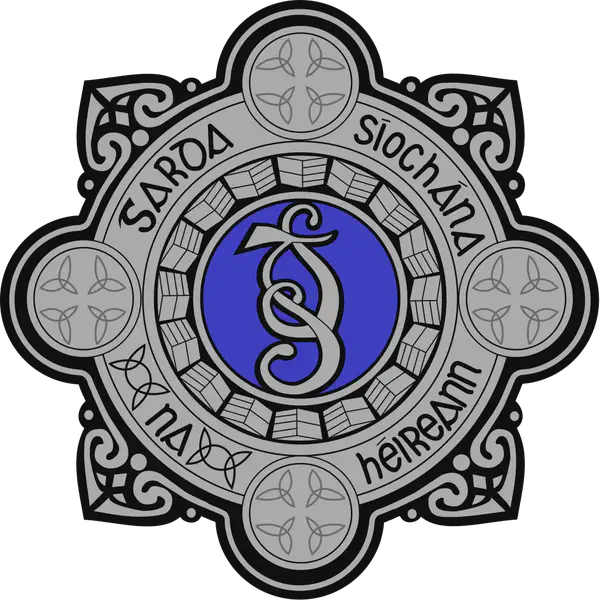
The Civic Guard is renamed the Garda Siochana
The Civic Guard, the national police force of the Irish Free State, was renamed Garda Síochána na hÉireann (Guardians of the Peace of Ireland) in 1923. The name change was part of the broader efforts to establish a police force that reflected the ideals and identity of the newly independent Irish state.
ireland
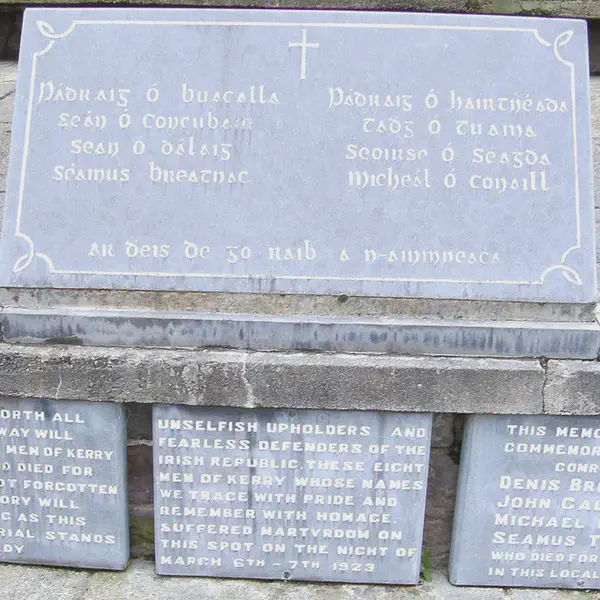
Eight republican prisoners are executed by use of a mine at Ball seedy, Co. Kerry
March 1923 saw a series of notorious incidents in Kerry, where 23 Republican prisoners were killed in the field (and another five judicially executed) in just four weeks.
ireland
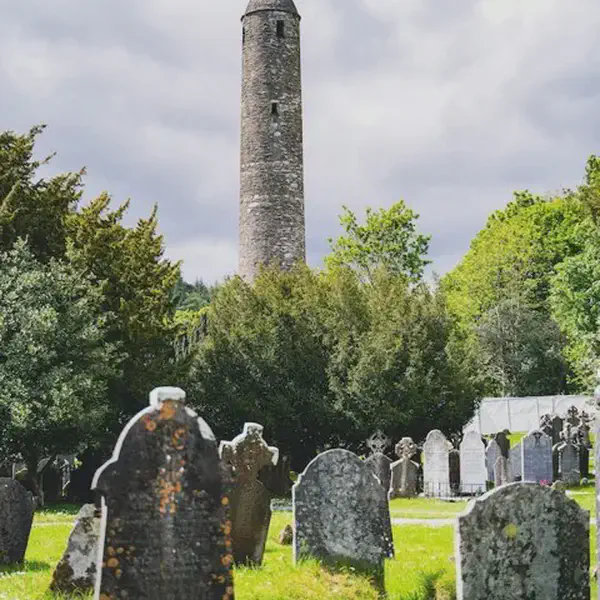
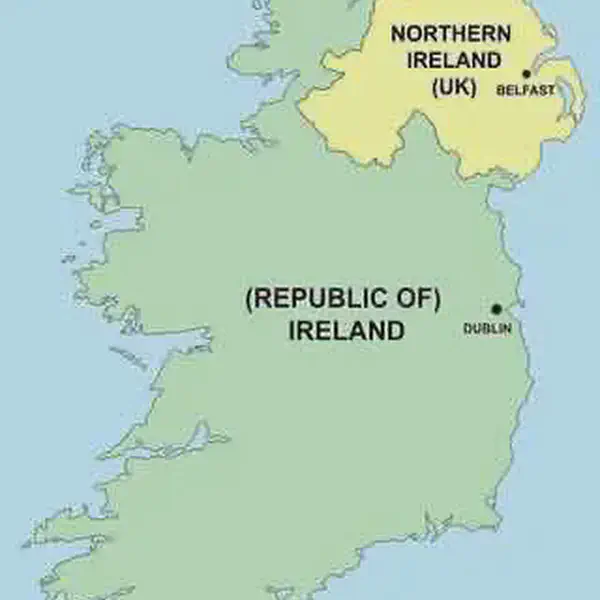
The six counties of Northern Ireland opt out of the Free State
The 1921 Anglo-Irish Treaty, was an agreement between Great Britain and Ireland was signed in London on 6 December 1921, was an agreement between the government of the United Kingdom of Great Britain and Ireland and representatives of the Irish Republic that concluded the Irish War of Independence.
ireland
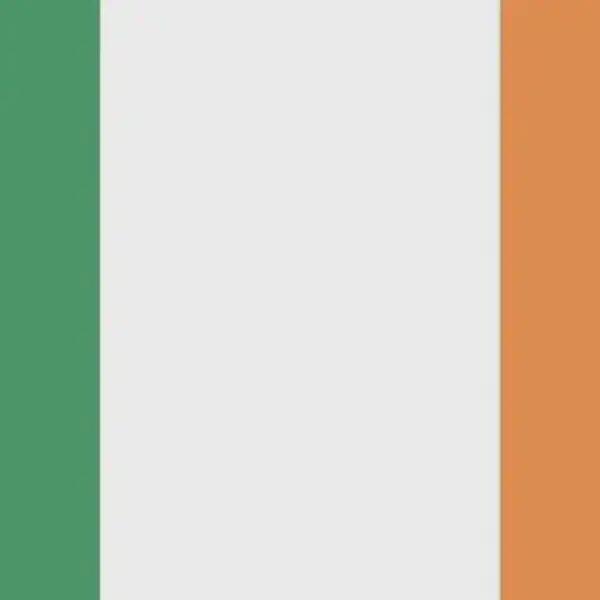
The Irish Free State, Saorstát Éireann, comes into being
The Irish Free State, in Irish Saorstát Éireann, came into being on December 06, 1922.
ireland
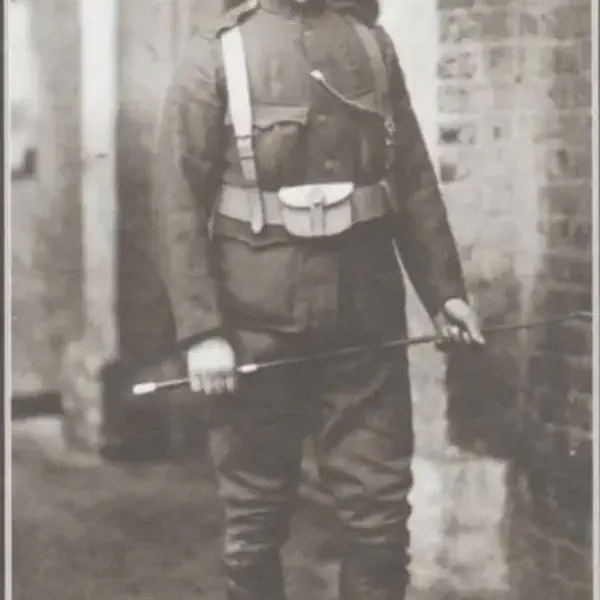
Irish republican Erskine Childers is executed by the Free State government
Robert Erskine Childers DSC (25 June 1870 – 24 November 1922), usually known as Erskine Childers (/ˈɜːrskɪn ˈtʃɪldərz/[1]), was an English-born Irish nationalist who established himself as a writer with accounts of the Second Boer War, the novel The Riddle of the Sands about German preparations for a sea-borne invasion of England, and proposals for achieving Irish independence.
ireland